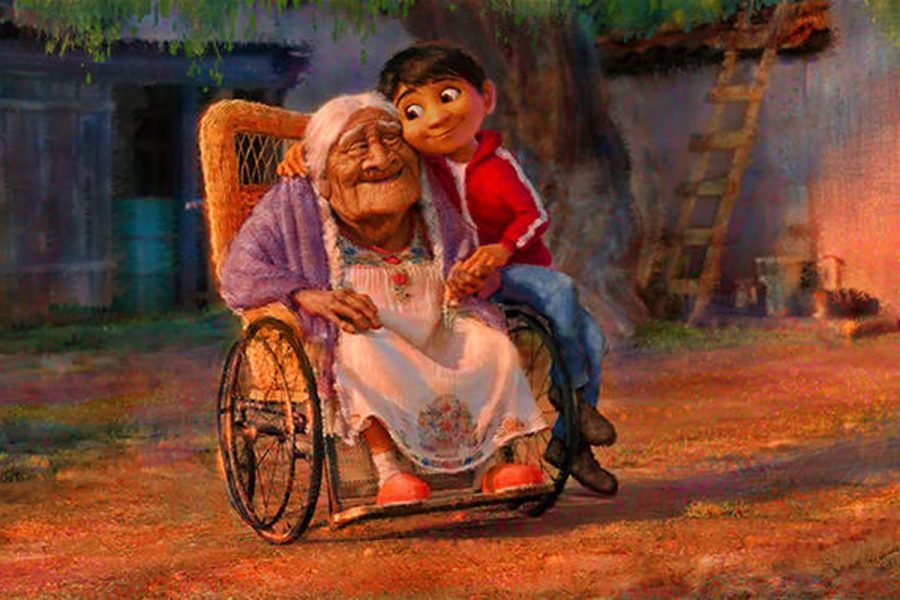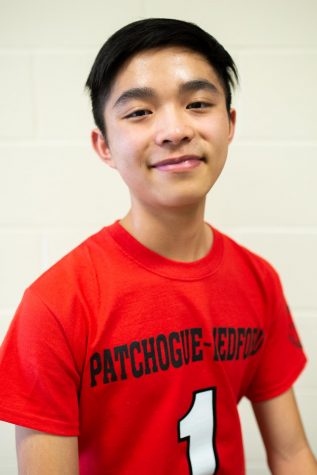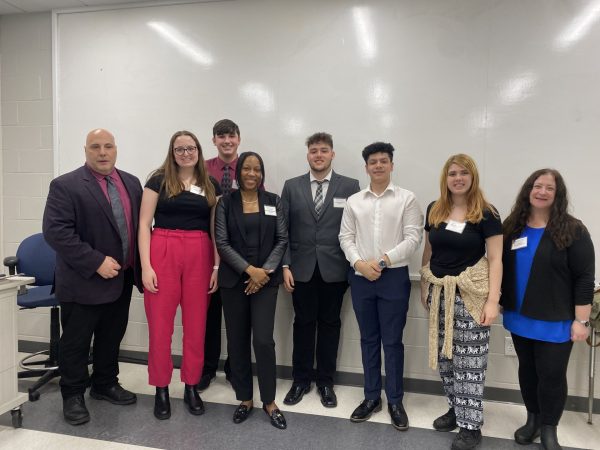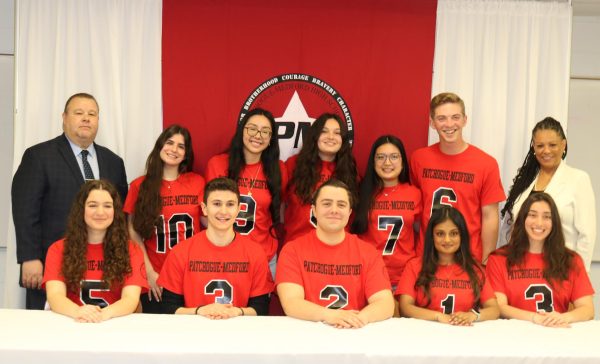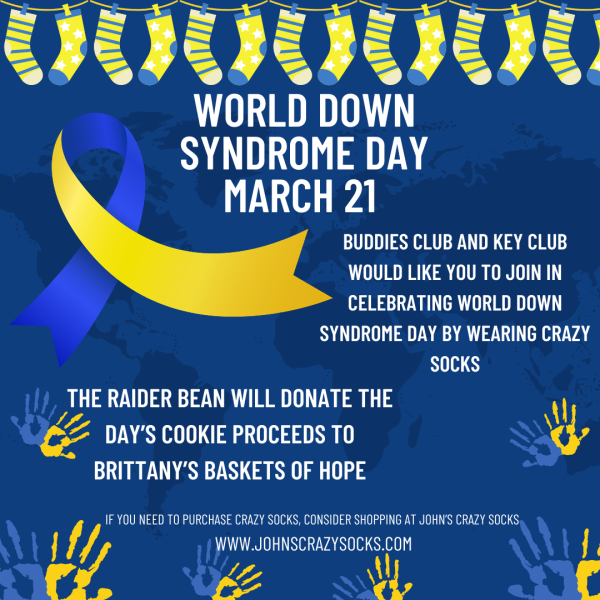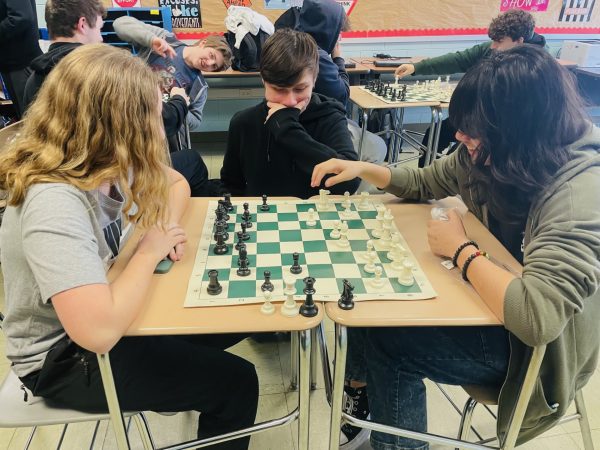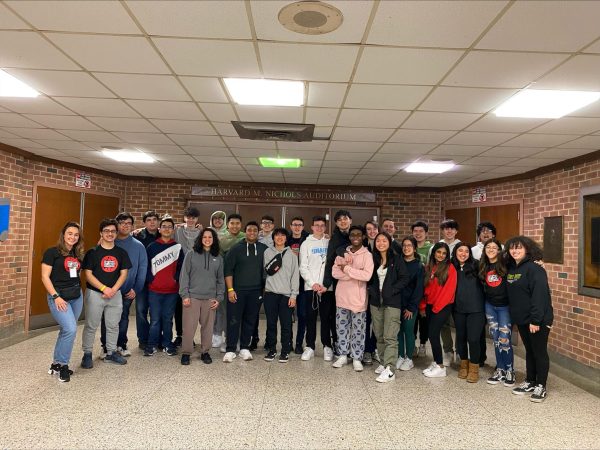Alzheimer’s: Heading Towards a Cure
How many lives could a breakthrough like this change for the better?
Photo by Creative Commons
Miguel & Mama Coco from Disney Pixar’s Coco (2017)
Alzheimer’s disease, defined by Mayo Clinic as a progressive disease that destroys memory and other important mental functions.
With more than 3 million cases in the United States per year, it is not uncommon to know someone who suffers from this illness. One of the most devastating diseases of our time, Alzheimer’s consistently worsens over time, until individuals finally lose the ability to respond to their environment. Unfortunately, Alzheimer’s is capable of affecting higher brain functions as well, including crucial functions such as heart rate and digestion. As stated by AgingCare, the lack of self-awareness and self-care, prolonged confinement to a bed, feeding failure and inability to receive proper nutrition and hydration as a result of Alzheimer’s will lead to the onset of life-threatening illnesses, and eventually death.
It is a common misconception that with age comes diseases such as Alzheimer’s, but that is completely untrue. While the risk for Alzheimer’s doubles every five years after you turn 65, the illness is really the result of a genetic mutation inherited from your family. According to the Alzheimer’s Association, risk genes-those that increase the likelihood of developing a disease-and deterministic genes- those that directly cause a disease- are the main genes that will determine the probability for development. The scary thing about Alzheimer’s is that there is little one can do to prevent the illness from developing, and once an individual acquires the disease, doctors can only perform minimal treatment to slow its progression down.
Currently, Alzheimer’s patients can be provided with a variety of medications that temporarily slow the worsening of symptoms and help with cognition. Because Alzheimer’s disease stems from the destruction of nerve cells, several drugs have aimed to regulate the transmitters that carry information between nerve cells. While many of these medications have results that vary across populations, new discoveries are being made every day to ultimately find the cure to Alzheimer’s, if there is one out there.
A February study published in the Journal of Experimental Medicine discussed an experimental treatment to complete reverse the disease by reducing the levels of a certain enzyme known as BACE1. This protein is known to participate in the formation of amyloid plaques in the brain, which are present in high amounts in Alzheimer’s patients. To test this theory out, scientists removed the gene coding for BACE1 in mice that had shown signs of the disease. Amazingly, the new mice that grew remained healthy well into old age. While mice are physiologically very different to humans, the inhibition or even knockout of the BACE1 gene could potentially be a novel approach in treating Alzheimer’s patients in the future.
Another study, published on March 1st in Stem Cell Reports, provides a different approach. A Science Daily article discusses how knowing that damage to brain cells contributes to dementia led Dr. Jessica Young to research into such proteins involved in the destruction. The brain tissue of Alzheimer’s patients shows the accumulation of two toxic proteins, amyloid beta and Tau, that are thought to cause brain cell death. Using stem cells, researchers have created human brain cells that produce a compound to decrease the production of such proteins. With promising results from regulating protein shuttling, this new finding may be applied as a therapeutic drug for gene therapy in the coming years.
Every single day, innovative ideas- boosting the brain’s immune cells, turning off certain genes, retromer stabilization- are being put to test by dozens of researchers who hope to put an end to this horrific degenerative disease. Alzheimer’s has impacted many, causing a whole spectrum of grief to family members and other loved ones. In this day in age, scientists and future generations of young researchers will be the brilliant minds that will finally find the cure to this disease. With hard work, novel approaches, social awareness, and collaboration of research, it will only be a matter of time before Alzheimer’s becomes the next disease to be cured.

